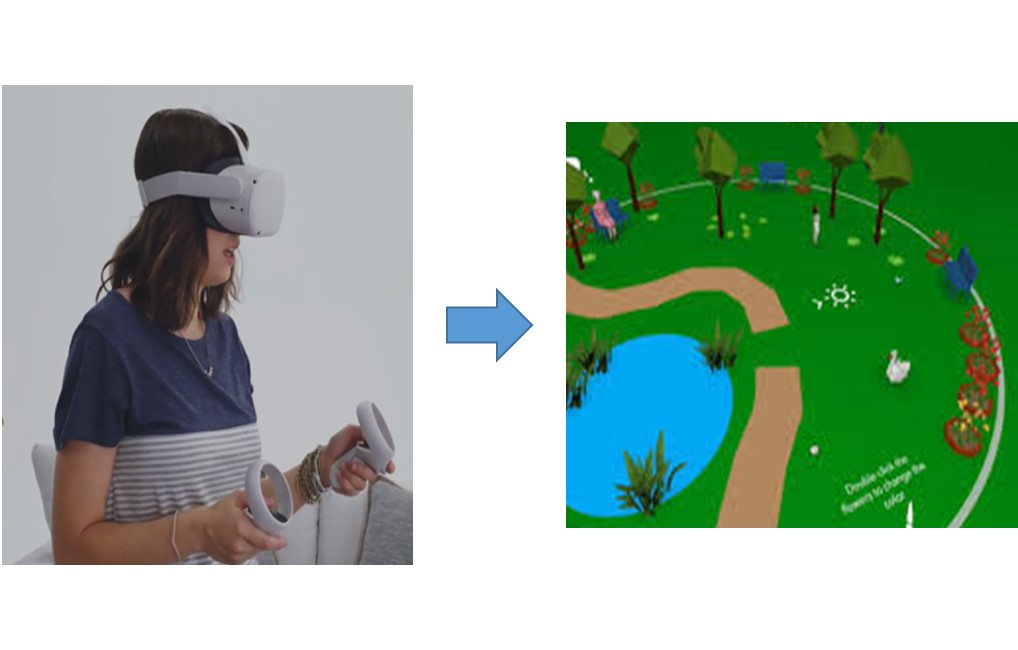PROJECT OVERVIEW
1. Purposes of the project. It is memory that gives human beings their sense of identity. Although we live in the present moment, our judgements and our actions are guided by our stored memories and by our learned skills. But decline of memory is a common feature of ageing and is a primary symptom of Alzheimer’s Disease, which places so heavy a burden on families and on society. Within the younger population there are large differences in the ability to acquire, store and retrieve information: At one extreme, are people with total recall and at the other extreme there are those whose educational progress is held back by impairments of memory. Most of us fall somewhere in between – and almost all of us wish that our memory was just a little bit stronger.
Despite the importance of memory, its physical basis (the ‘engram’) is not understood and indeed it is not known whether there are different substrates for different types of memory, such as our memory for manual skills, our memory for events in our personal life, or our memory for facts. We are tackling these questions by studying individual differences in memory. Initially we are asking whether a person’s ability on one type of test predicts his or her ability on other types. Ultimately, we hope to take a genetic approach to identify the mechanisms underlying memory, although this part of the project depends on securing major funding.
2. The expected final result and its significance for medicine. Although impairments of memory, in child development, in illness and in ageing, are such a burden for the individual and society, current treatments are limited by the lack of understanding of the physical basis of memory. In the long term, a solution to this problem – one of the great unsolved problems of biology – would allow the development of pharmacological or other interventions.

Methods
Current work. For our project, we need tests that isolate just one kind of memory, and this is not a simple thing to achieve, since there is often more than one way of storing the same material. We have developed some new tests of memory that we believe are a firm advance on those in international use.
- One is a test of ‘episodic’ memory, people’s memory of their personal experiences. Here a traditional problem is that different people have different experiences. To ensure that all our volunteers have very similar experiences, we use a Virtual Reality system that allows volunteers to pass through the same environment and interact with the same objects along the way.
- A second new test is one of ‘statistical learning’. This type of memory is thought to be very different from our memory for facts. If we are exposed to an apparently random series of stimuli that has embedded in it some recurrent sequences, we learn unconsciously the embedded sequences and our responses may become faster, even though we are not conscious of what we have learnt. In this case, the difficulty with existing tests is that they are not very repeatable, that is to say, there isn’t a strong correlation between a person’s scores on two different occasions. We are developing new mathematical analyses to create a test that is much better in this respect.
1. John D. Mollon, Chie Takahashi, Marina V. Danilova What kind of network is the brain? // Trends in Cognitive Sciences 2022. Volume 26, Issue 4, Pages 312-324 https://doi.org/10.1016/j.tics.2022.01.007
2. Mollon JD, Danilova MV, Zhuravlev AV. A possible mechanism of neural read-out from a molecular engram. Neurobiol Learn Mem. 2023 Apr;200:107748. doi: 10.1016/j.nlm.2023.107748. Epub 2023 Mar 11. PMID: 36907505